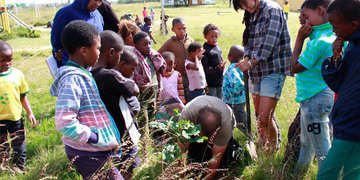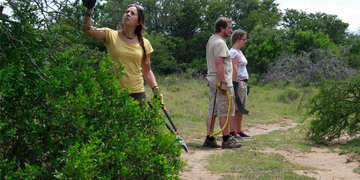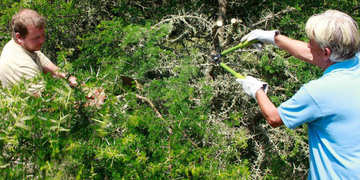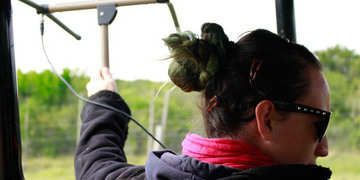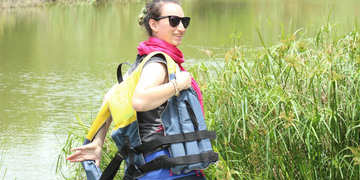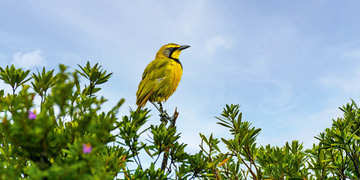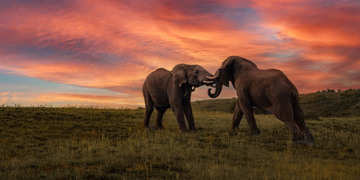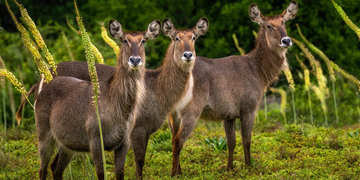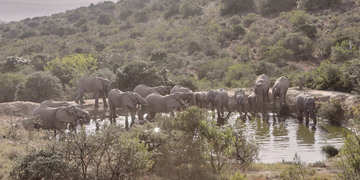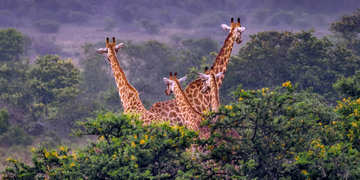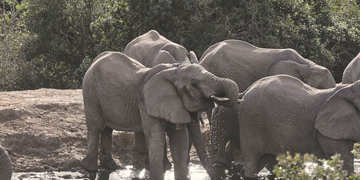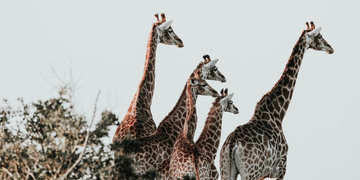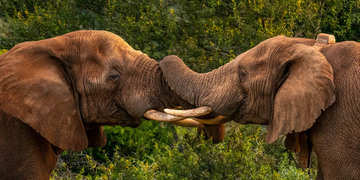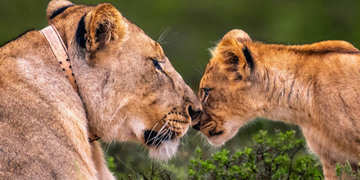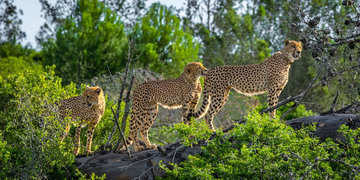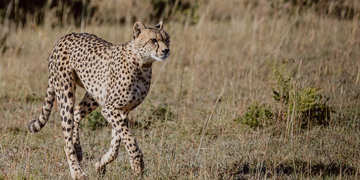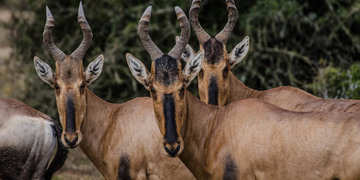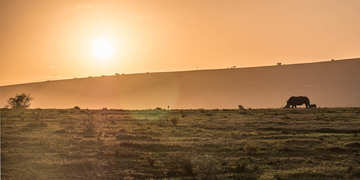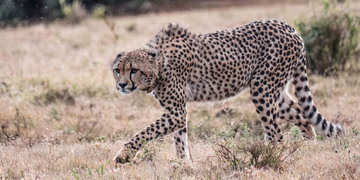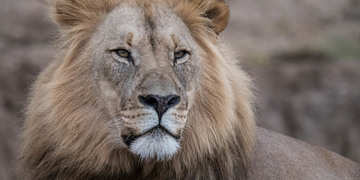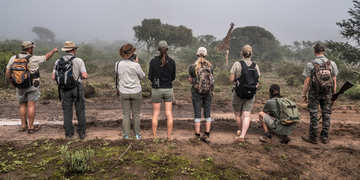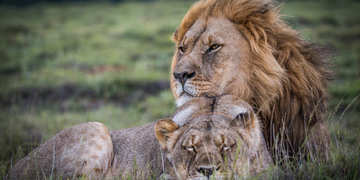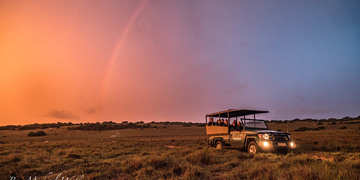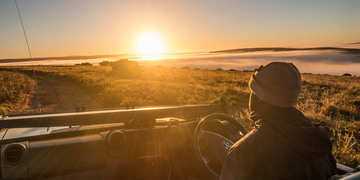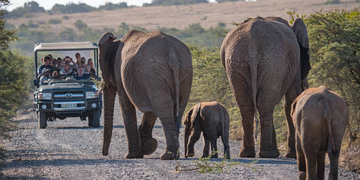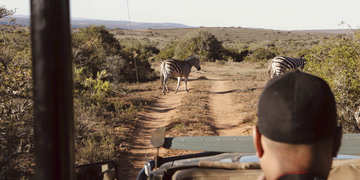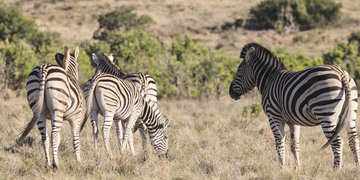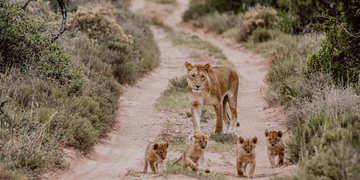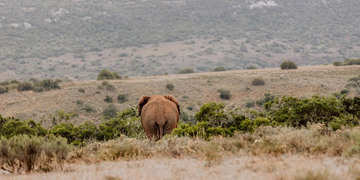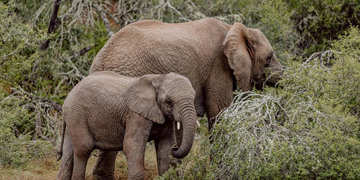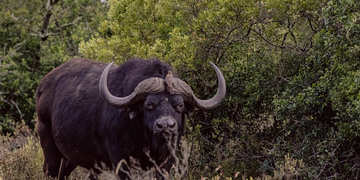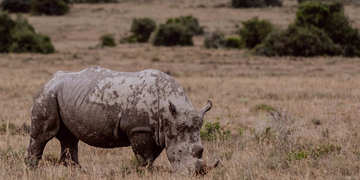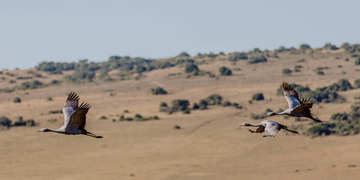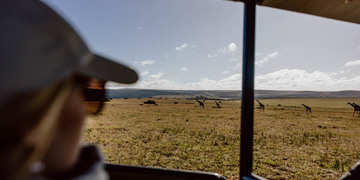1. CONSERVATION
Conservation on Amakhala
is based on the principle that we can only preserve what we understand, and so considerable effort is put into analysing the current and projected status of the reserve. Organised focus areas are supported by comprehensive programmes of research and monitoring that informs all of our conservation management decisions. Offering a diverse, multi-faceted experience is one of the pillars on which these decisions are based.
Environmental factors in terms of soil types, vegetation, climate, and the availability of water all combine to determine the carrying capacity of the reserve. The population of large mammal species is particularly salient, as it is the alluring megafauna and predators that largely drive ecotourism demand, and, their presence is also indicative of the health of our ecosystem. The reduction in poaching through the creation of viable economic alternatives for local community members has contributed to an increase in animal populations. There have been confirmed sightings of rare species such as Bat Eared Foxes and Blue Duiker, Aardwolf, along with all the major predator species here on Amakhala.
Securing and protecting wilderness areas is critically important for biodiversity conservation and is a large focus for us. Ecosystem integrity and managing the land so that it can support and maintain ecological processes in the face of changing environmental conditions is essential to biodiversity.
2. COMMUNITY
The Amakhala Foundation
’s main focus is literacy and environmental education, with the aim of weaving opportunities for solid education and a love of environment into our community’s lives. On the AGR literacy education begins with children aged 3-5 years old. Education of primary school children continues through a bursary programme and Library Hour and a range of literacy programmes.
On the environmental education front, AF begins by introducing tiny tots to the theme of loving animals and continues with age-appropriate programmes until high schoolers fledge into the adult world. Our numerous programmes include, themed BIG Days for the 6-9 year olds, a partnership with Coaching Conservation to inspire 10-11 year olds and Nature Club for the high schoolers. Promising candidates can apply for bursaries to secure a guiding qualification. Through these programmes, 1,500 visitors are welcomed to the Conservation Centre annually. All visitors have the opportunity to enjoy seeing wildlife in its natural environment. About 70% of the visitors see wildlife for the first time aboard a purpose-built 22 seater game vehicle which is dedicated to these programmes.
Through a Craft Centre based on the reserve, local women are able to use their sewing and beading skills to hand craft items for sale to guests and visitors. AF also has a strong and long standing relationship with Isipho Charity Trust. This organisation works tirelessly with the vulnerable children of the nearby town of Paterson, supporting their education and providing psycho-social support.
Find out more about the Amakhala Foundation's great initiatives.
3. ANTI-POACHING
On the ground our K9 unit and our horseback patrols work day in and day out scouting for potential threats. In the sky, our 'Eye in the Sky'
is flown daily. Our Zero-Poaching approach focuses on the below:
- Assessment; regular training of field rangers;
- Technology: use the best available tools and technologies;
- Capacity: increase our Field Ranger staff ability;
- Community: engage with local communities;
- Prosecution; improve prosecution;
- Cooperation: share information regularly.
There is no substitute for a team of well-trained, well-equipped and strongly motivated anti-poaching scouts. However, through innovative deployment of modern technology, we can significantly increase their effectiveness. For example, we deploy detection equipment such as GSM-enabled camera traps and night vision equipment to feed information through digital communication networks to web-based monitoring. The added efficiency derived from these systems assists teams in increasing the rate of arrests of poachers and reducing wildlife losses whilst simultaneously deterring other would-be illegal hunters who recognise the increased risk of being apprehended.
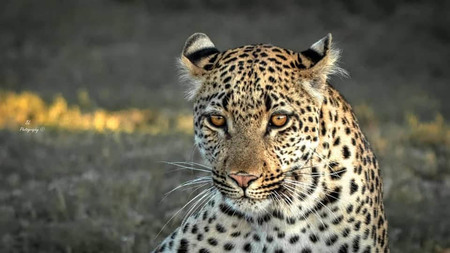
Our love for South Africa and our passion to protect her diversity, in particular, her endangered wildlife species and shrinking wild areas, as well as her vulnerable communities, is at the core of everything we do.



.jpg)








.png)

.jpg)
.jpg)
.jpg)
.jpg)
.jpg)
.jpg)
.jpg)
.jpg)
.jpg)
.jpg)
